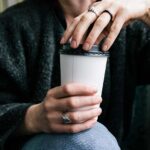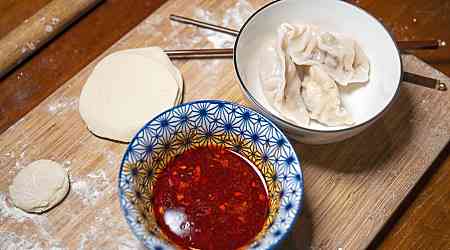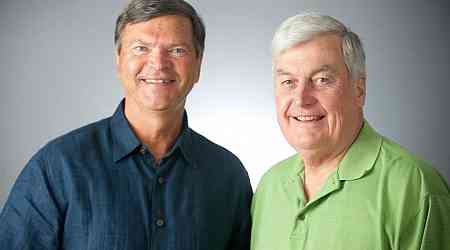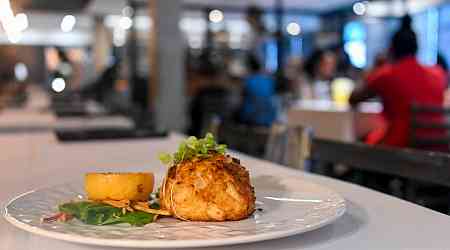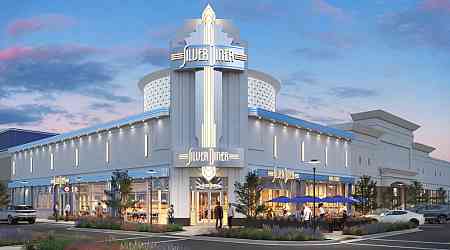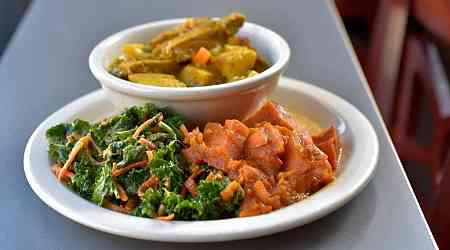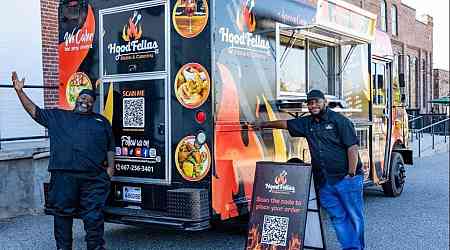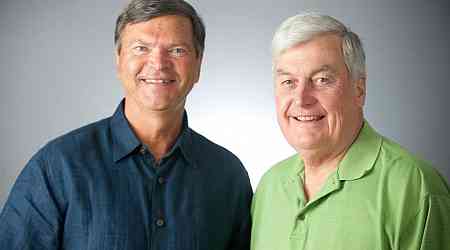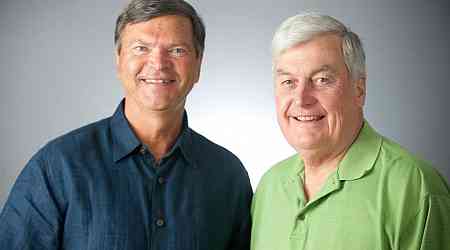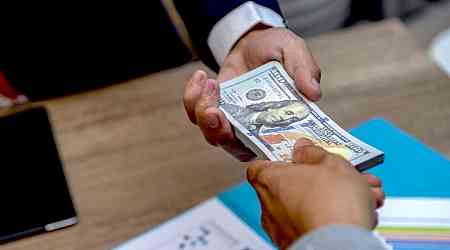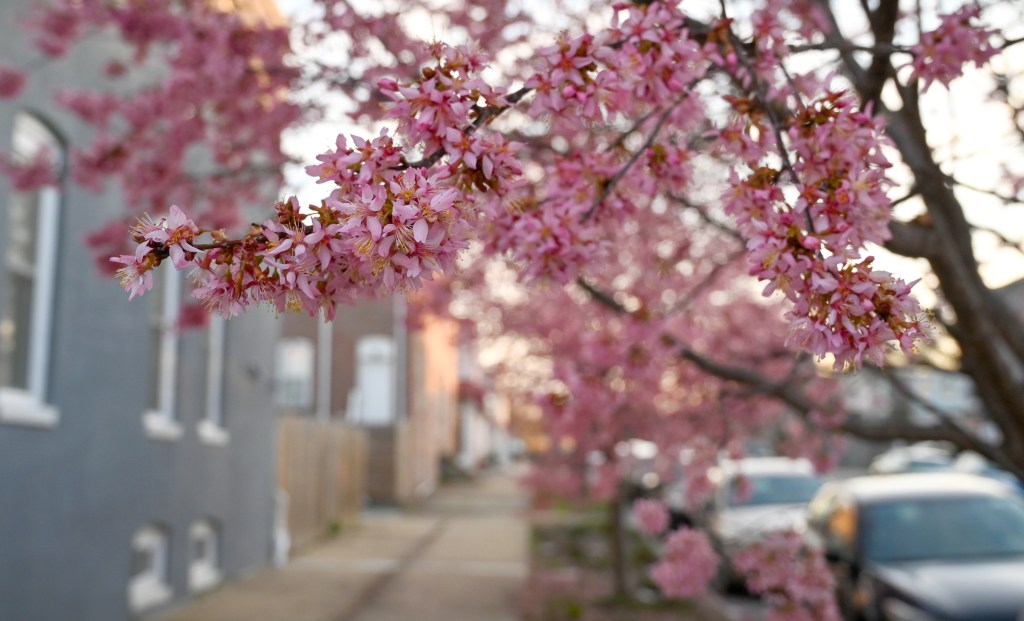If a cup of coffee is the first thing you reach for after waking up, you’re not alone. According to the National Coffee Association, as many as 9 in 10 coffee drinkers start their day with a steamy cup of joe — often before taking a bite of toast or cereal.
But could that hot brew on an empty stomach be bad for your health? Probably not, says registered dietitian Anthony DiMarino, RD, LD.
“Your digestive system is incredibly complex and efficient,” he says. “Most people don’t have any problem drinking coffee on an empty stomach.”
What are the health risks of drinking coffee on an empty stomach?
Social media platforms like TikTok have contributed to the spread of questionable health trends and misinformation. Among them is the idea that drinking coffee on an empty stomach is bad for you.
DiMarino debunks two common myths and shares why it’s OK to enjoy that cuppa without any food.
Myth #1: Coffee gives you bad reflux and heartburn
Gastroesophageal reflux disease (GERD) happens when a valve between your stomach and esophagus (food pipe) doesn’t close properly. When this happens, the contents of your stomach — including food, drinks and stomach acid — flow back into your esophagus. You may experience a burning sensation in your chest known as heartburn.
Research into whether coffee causes reflux or worsens symptoms isn’t definitive. One study that examined coffee’s effects on the digestive system found that factors like obesity and other chronic health conditions cause reflux — not the beverage itself. But a different study found increased reflux symptoms after participants drank caffeinated coffee, tea or soda.
“Coffee and caffeine can increase the production of stomach acid,” DiMarino shares. “Coffee also relaxes the valve, allowing excess acid to enter your esophagus.” Both reactions can cause more severe and frequent reflux symptoms.
If you’re prone to reflux or heartburn but don’t want to give up your morning coffee fix, DiMarino recommends adding a low-fat or nonfat dairy creamer or milk alternative to your brew.
“Fat in milk sometimes aggravates reflux symptoms,” he says. “But low-fat dairy can act as a buffer between stomach acid and your stomach lining, which helps prevent heartburn.”
Myth #2: Coffee gives you ulcers
Ulcers are sores that form in your stomach or small intestine. They cause burning stomach pain, bloating and heartburn. While you might have heard that stress and diet (including coffee) cause peptic ulcer disease, research shows that’s not true.
The main cause of ulcers is Helicobacter pylori (H. pylori) infections, bacteria that eat away at your stomach’s protective lining and allow stomach acid to damage the tissue. The other top cause of ulcers is overusing nonsteroidal anti-inflammatory drugs (NSAIDs), like ibuprofen and aspirin.
But coffee doesn’t appear to play a role. One study examined coffee consumption and ulcer formation in more than 8,000 people living in Japan. The study found no significant link, even among people who drank three or more cups each day.
Important to note, again, though: Although coffee may not cause stomach ulcers, it can increase how much stomach acid you make. If you already have an ulcer, higher amounts of stomach acid can make your symptoms worse.
Are there side effects to drinking coffee on an empty stomach?
Having coffee before you’ve eaten may not be bad for your health. But it could lead to a few unwanted side effects.
Increased jitters or anxiety
Your body absorbs coffee (and, therefore, caffeine) faster when there’s nothing else in your belly. This rapid absorption can intensify caffeine’s effects, making you feel anxious, jittery or irritable.
Caffeine can also raise blood pressure and cause your heart to feel like it’s beating too fast or skipping beats (heart palpitations). You may start experiencing these side effects within 10 minutes of having your first cup, although it typically takes up to an hour for caffeine’s full effects to kick in.
If you find yourself experiencing these effects after your morning cup, the fix is simple: Eat something along with your brew.
“Having food in your stomach slows the absorption of caffeine into your bloodstream,” DiMarino says.
He also recommends not adding sugar to your morning cup.
“Sugar causes a spike in blood sugar,” he says. The combination of sugar and caffeine can give you a quick burst of energy, followed by a crash that leaves you more tired than before. You might find yourself in a cycle of reaching for yet another cup of coffee with more sugar.
A quick trip to the bathroom
As many as 1 in 3 coffee drinkers report an urge to poop after enjoying a hot brew. This need to go number two can happen anywhere from four to 30 minutes after you set down your cup.
Research suggests that it’s the acids in coffee that make you poop. These acids stimulate hormone production — specifically, gastrin and cholecystokinin, which cause involuntary muscle contractions in your digestive system. That gets your bowels moving.
It’s not clear whether drinking coffee on an empty stomach will wake up your bowels faster. But findings suggest that caffeinated coffee is as effective as food, and 23% more effective than decaf coffee, at creating a laxative-type effect.
When should you drink coffee?
There really isn’t a “best time” to drink coffee, DiMarino says: “Everyone reacts to caffeine and coffee differently, so listen to your body.”
Some people have no issues drinking coffee on an empty stomach. But if you’re not one of them, DiMarino suggests making sure your breakfast has at least one of these:
- Fiber in whole-grain toast, cereal or steel-cut oatmeal absorbs the coffee in your stomach and helps neutralize stomach acids.
- Healthy fats, like those in avocados, nuts and nut butters, can reduce inflammation in your digestive tract brought on by increased stomach acid.
- Protein-rich foods, including eggs, yogurt and cottage cheese, can slow digestion and caffeine absorption.


















